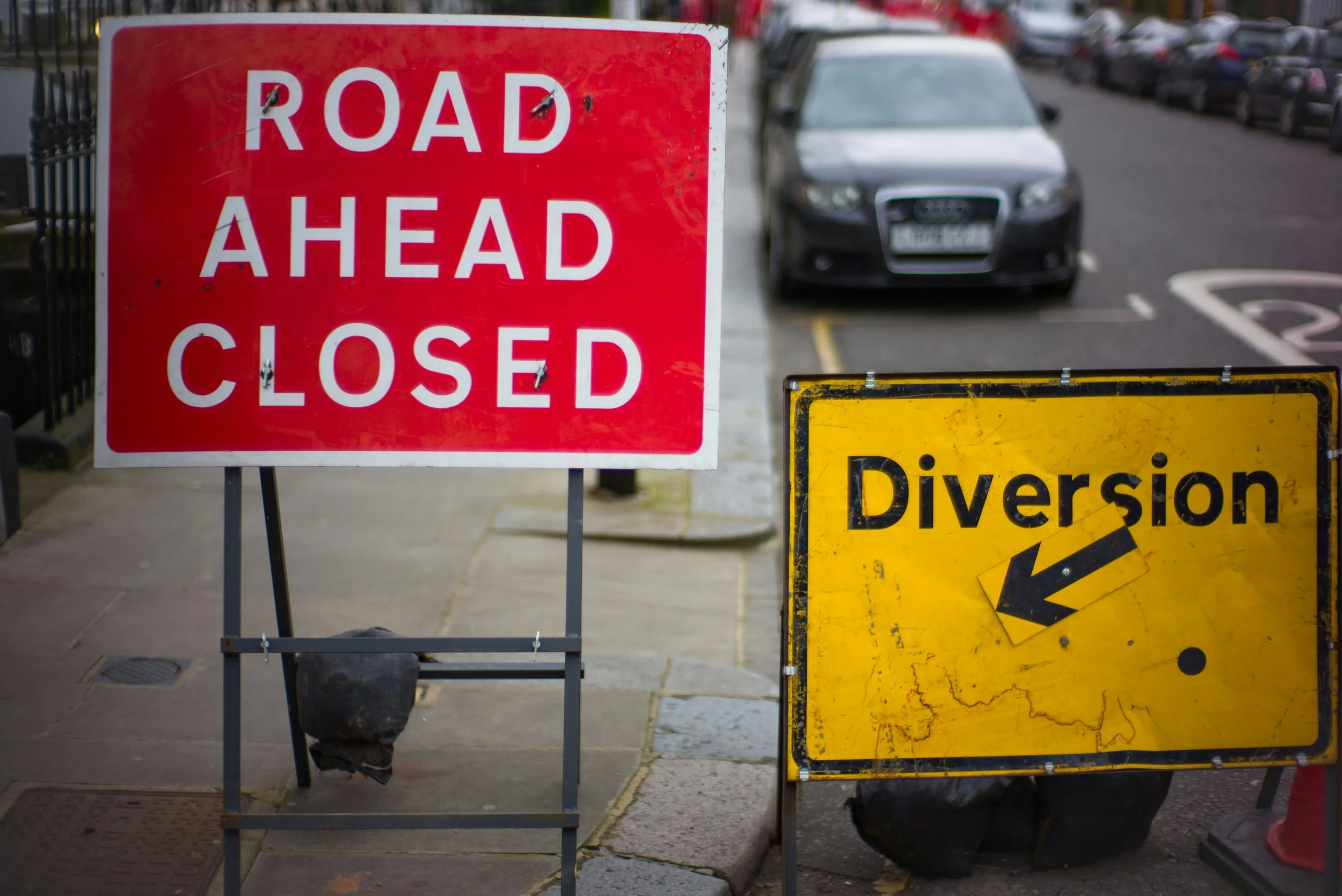Assessment road blocked
Many autistic people, especially women, are finding the route to diagnosis blocked. Picture: The Blow Up
It’s becoming increasingly difficult to get an autism diagnosis, particularly if you’re a woman. NHS assessment lists are at record highs, but even when patients make it to the head of the queue, at least one service appears determined to ‘fail’ as many as possible.
The latest statistics show that, as of March, there were almost 225,000 adults and children in England with an open referral for suspected autism. As charity Autistica has pointed out, this is equivalent to the population of Portsmouth.
Ninety-five per cent have been waiting more than thirteen weeks, despite official guidance that this should be the maximum delay. In many cases it will be two, three or even four years before they’re seen.
In Scotland, the combined assessment list for autism and ADHD stood at over 65,000 in March, with waiting times of up to seven years in some areas. In Wales, figures aren’t available for adults, but by late last year, nearly 21,000 children were slated for assessment.
These numbers are the tip of the iceberg, with experts estimating up to 1.4 million people of all ages in the UK have undiagnosed autism (The Lancet, June 2023).
But working out that you’re autistic, convincing your GP you meet the referral criteria and making it to the top of your local waiting list doesn’t mean you will get a diagnosis, as many people – especially women – are finding to their cost.
Not autistic enough
Paula was one of them. In the spring, she went for assessment with an NHS service in Bristol and was told that, although she had a lot of autistic traits, she was not autistic but suffering from ‘high sensitivity and trauma’. When she queried this, the assessor told her it was their policy to diagnose autism only as ‘a last resort’.
Paula said: ‘I felt upset, invalidated and embarrassed. I wondered if I was delusional or a fraud. I had often wondered about autism, but my overwhelming empathy meant in one area I didn’t tick the box. When I first read of deep empathy actually being an autistic trait in some women, it was a revelation. I had stumbled on my possible answer.
‘Two more years of reading, learning, the brave step of talking to my doctor, three-and-a-half years on a waiting list and then being told that I was wrong was very, very difficult. I’d found my people, finally, after fifty years of feeling like an awkward, broken outsider. I belonged and found my safety net amongst autistic women, and then I felt like that door was shut in my face.’
Paula decided to file a freedom of information request asking what percentage of women over the age of 35 assessed for autism by the service received a positive diagnosis. The response was shocking. In 2024, only 21 per cent of the men and 18 per cent of the women seen were confirmed as autistic, with 79 and 82 per cent respectively either told they had another condition or that there was nothing wrong with them.
Like me, she struggled to believe such a high percentage of adults viewed by their GPs as probably autistic could turn out not to be. As a result, she returned to hers and insisted on a second opinion. She is now waiting to be called, this time by a private assessment service paid for by NHS England, under the right-to-choose scheme.
Under and late diagnosis has serious consequences. A study published last month in magazine Autism Research found autistic women who weren’t diagnosed until adulthood were 70 per cent more likely to have co-occurring anxiety and 62 per cent more likely to suffer from depression than those diagnosed as children. They were 17 per cent more likely to have an eating disorder, 9 per cent more likely to have substance abuse issues, 34 per cent more likely to have considered suicide and 21 per cent more likely to self-harm.
Until waiting lists are cleared and early and accurate assessment made available for everyone who needs it, the mental health and well-being of countless autistic people will continue to deteriorate.
Autumn update: The good news is that Paula has now been diagnosed as autistic, via right-to-choose, by the highly respected Sarah Hendrickx of consultancy Axia.
